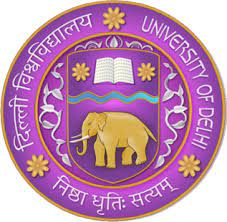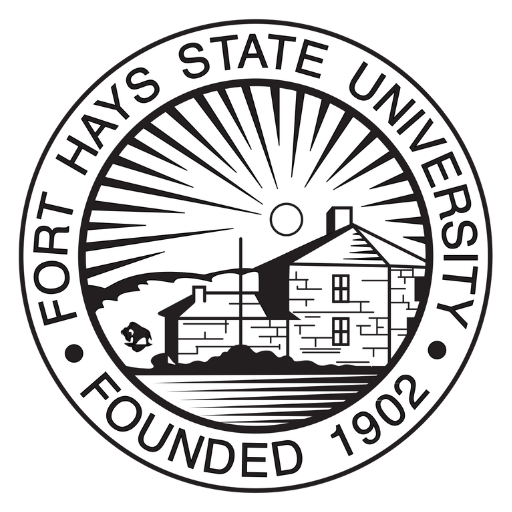📖Program Curriculum
The master's programme runs for a duration of two years, leading to a Master of Science (MSc) degree. During each year, students can earn 60 credits (ECTS) and complete the programme by accumulating a total of 120 credits. Credits are earned by completing courses where each course is usually 7.5 credits. The programme consists of Compulsory courses, Compulsory elective courses and Elective courses. The first semester of the programme only contains compulsory courses. There are 18 compulsory elective courses where at least four have to be selected. A master thesis project of 30 or 60 credits is required. If one conducts a 30 credit master thesis up to 30 additional credits can be selected from advanced courses on Chalmers or from the compulsory elective courses. For example, Project in Material Chemistry. If a 60 credit master thesis is conducted this only allows for the four compulsory courses and four of the compulsory elective courses.
Compulsory courses year 1
During the first year, the programme starts with four compulsory courses that form a common foundation in Materials chemistry. Each course is 7.5 credits.
The synthesis, properties, and structure of solid-state materials
Surface chemistry
Polymer chemistry and physics
Advanced analytical chemistry
Compulsory courses year 2
In the second year, you must complete a master's thesis in order to graduate. The thesis may be worth 30 credits or 60 credits depending on your choice. A 60-credit thesis covers the entire second year and no additional courses are taken. A 30-credit thesis covers the last semester and you will take courses during the remaining time.
Master’s thesis
Compulsory elective courses
Through compulsory elective courses, you can then specialize in one of the profile tracks, or a combination thereof. During years 1 and 2, you need to select at least 4 compulsory elective courses out of the following in order to graduate.
Advanced organic chemistry
Corrosion
Surface engineering
Polymer technology
Catalysis
Applied optical spectroscopy
Applied organic molecular spectroscopy
Green chemistry
Design and analysis of experiments
Nuclear chemistry
Tailored mater and commercialization
Materials in medicine
Nanomaterials chemistry
Waste management
Show less
Show more












